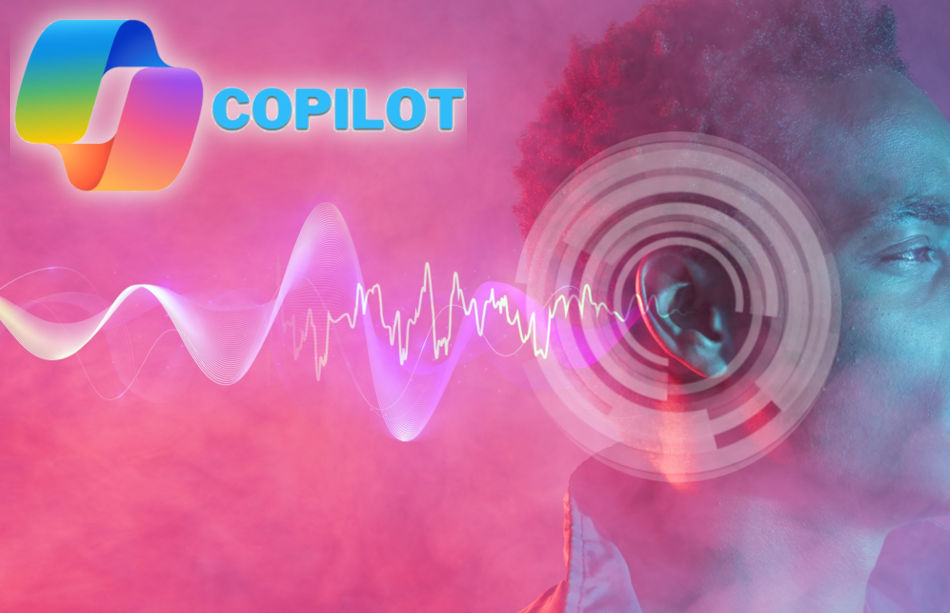
Microsoft Copilot Partners with GenAI Music App Suno to Enable AI-Powered Song Composition
Users can now create complete songs with lyrics, instrumentals, and singing voices using Microsoft Copilot and Suno integration.
NEWS AI December 20, 2023 Reading time: 3 Minute(s)
Microsoft Copilot now venturing into the world of music composition through a strategic integration with the GenAI music app Suno. This collaboration allows Copilot users to transform simple prompts into fully developed songs, complete with lyrics, instrumentals, and singing voices, thanks to Suno's innovative capabilities. In this article, we explore the details of this integration, its implications for music creation, and the broader landscape of GenAI-driven music technologies.
The Microsoft Copilot and Suno Integration
Users can input prompts such as "Create a rock song about Christmas with your friends" into Copilot, which, via a plug-in, connects with Suno to bring these musical ideas to life. From just a single sentence, Suno has the ability to generate entire songs, showcasing its prowess in creating a holistic musical experience. Accessing the Suno integration is a straightforward process through Microsoft Edge, with users visiting copilot.microsoft.com, logging in with their Microsoft account, and enabling the Suno plug-in.
The Vision of Creativity and Fun
Microsoft envisions this partnership as a gateway to new horizons for creativity and fun, making music creation accessible to a broader audience. The integration is set to roll out gradually, with availability expanding in the coming weeks, promising an exciting evolution in the way users engage with AI-driven music composition.
GenAI Music Trend Among Tech Giants
The collaboration between Microsoft Copilot and Suno is part of a growing trend among tech giants and startups investing in GenAI-driven music creation technologies. In recent months, Google's DeepMind and YouTube released Lyria and Dream Track, while Meta has explored AI music generation in various experiments. However, this surge in innovation raises ethical and legal concerns that the industry is yet to fully address.
Navigating Ethical and Legal Challenges
The emergence of GenAI-driven music creation has brought forth ethical and legal challenges. AI algorithms learn from existing music, leading to concerns about artists' consent and fair compensation. Stability AI's GenAI audio lead voiced concerns about exploitation, leading to debates within the industry. The Grammys have even prohibited fully AI-generated songs from award consideration.
Suno's Approach to Ethical Considerations
Suno takes a unique stance by not disclosing the source of its AI training data on its website. Unlike some GenAI music tools, Suno allows users to input prompts like "in the style of [artist name]" without warnings. However, Suno claims to block certain prompts, asserting that its models do not recognize artists' names, and it prevents users from uploading lyrics to existing songs to generate covers.
The Uncharted Legal Territory
Legal challenges surrounding GenAI music remain largely uncharted. Companies argue that fair use exempts them from compensating artists, raising questions about the industry's responsibility. As homemade tracks using GenAI technology gain popularity, music labels flag them for intellectual property concerns. A Senate bill addressing the digital likeness of artists may provide clarity on the legal status of GenAI music.
The integration of Microsoft Copilot with Suno marks a significant step in AI-driven music composition, offering users a creative outlet for songwriting. While the tech industry is embracing GenAI music creation, it faces hurdles related to ethical considerations and legal uncertainties. As the use of AI in music production evolves, it is essential for stakeholders to navigate these challenges, ensuring a harmonious balance between technological innovation and artistic rights.
COVER IMAGE BY FREEPIK
Microsoft Copilot GenAI Music AI Suno AI-powered Song Composition Music Creation Microsoft Edge Tech Integration Ethical Issues Legal Challenges AI Music Generation Microsoft Windows Technology News RSMax
*Our pages may contain affiliate links. If you buy something via one of our affiliate links, Review Space may earn a commission. Thanks for your support!
CATEGORIES




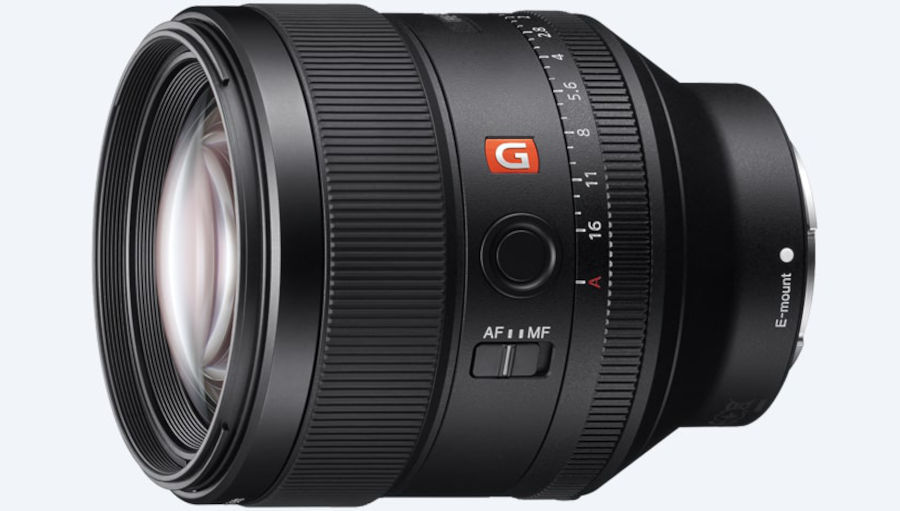
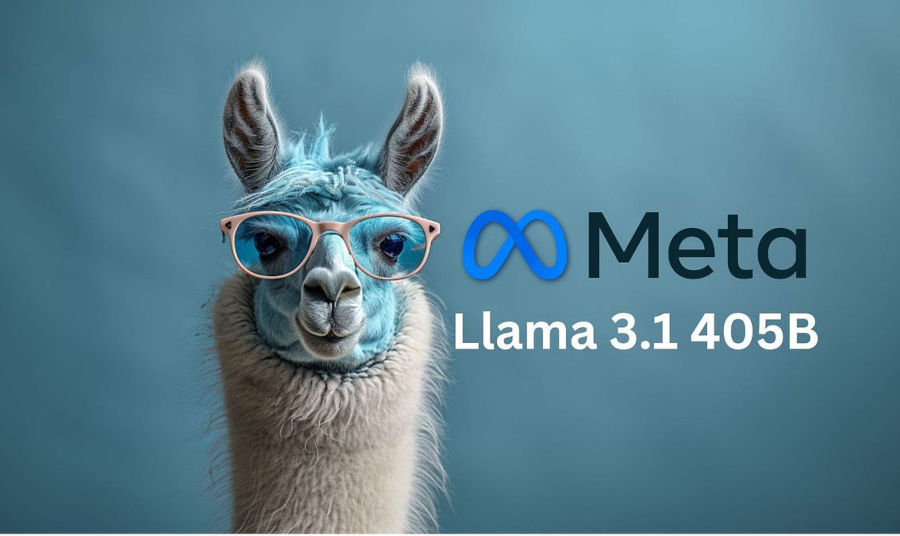

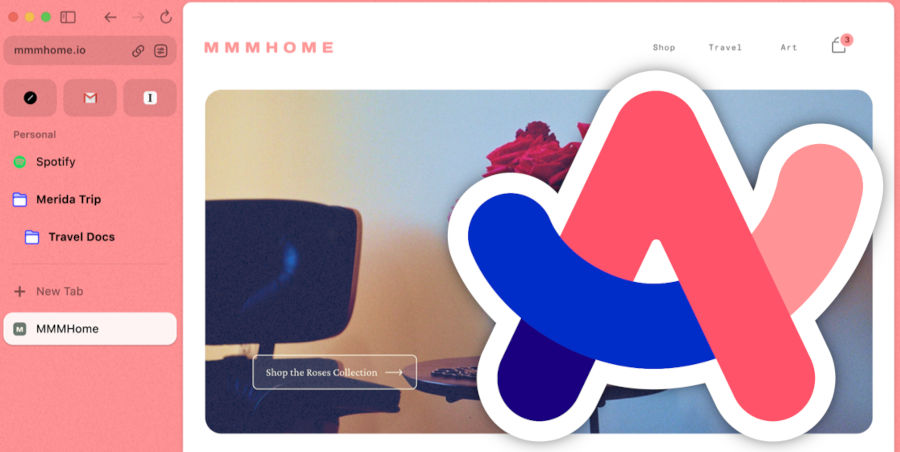

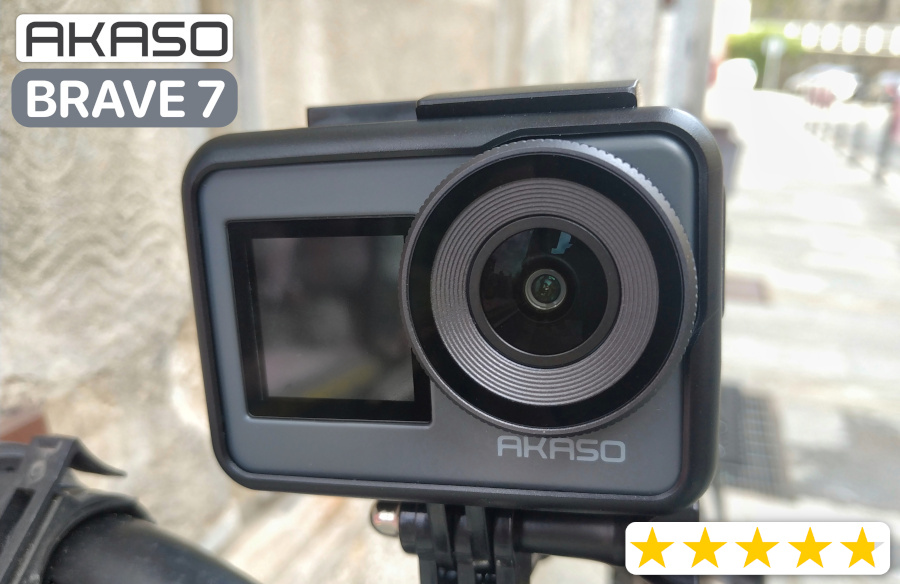

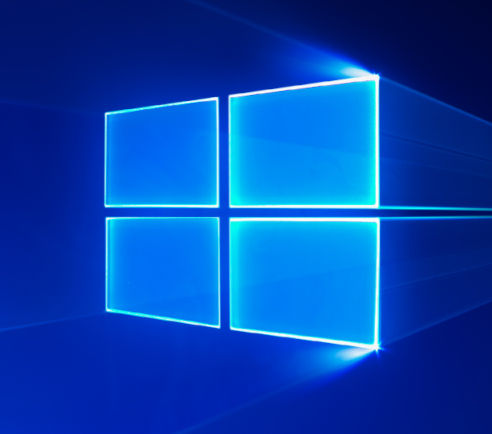

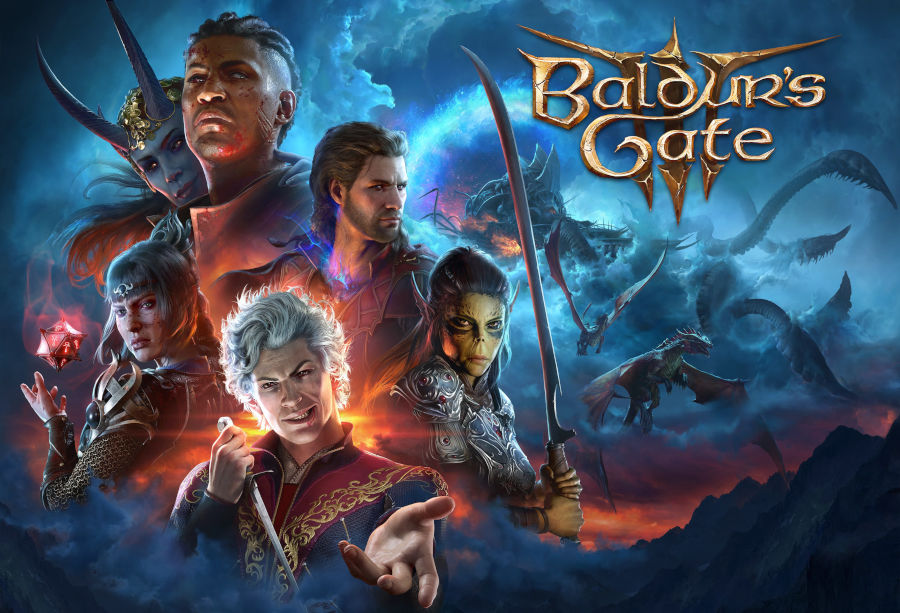
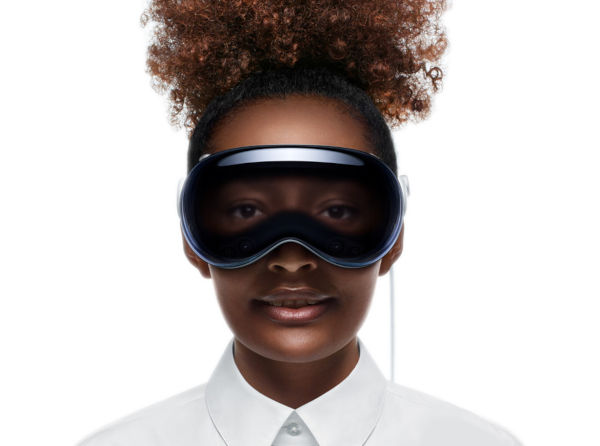





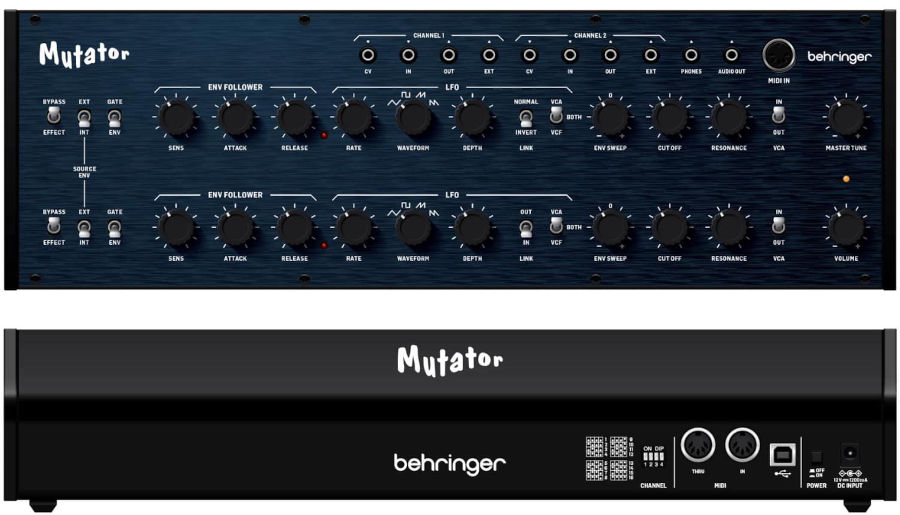




COMMENTS